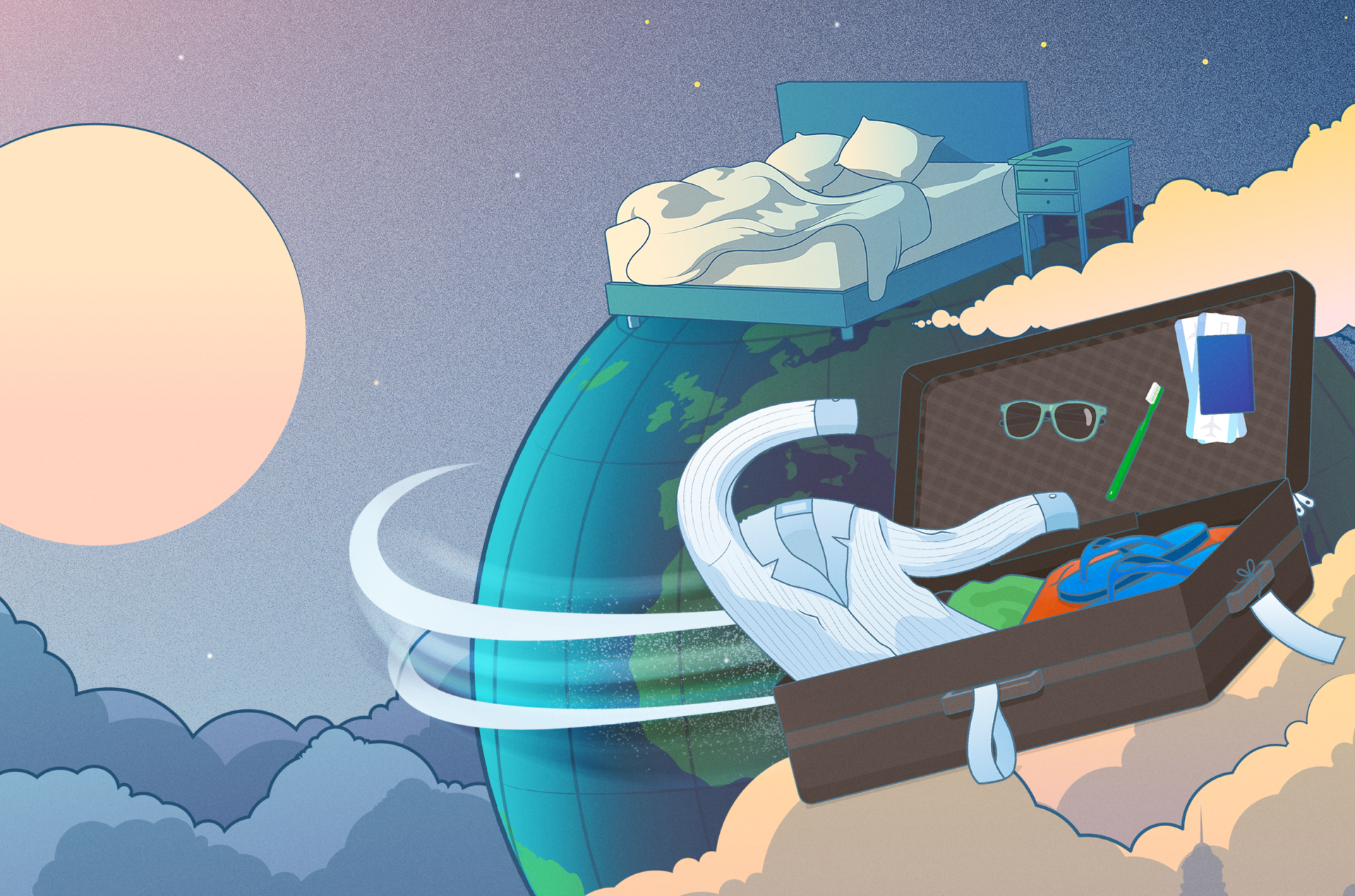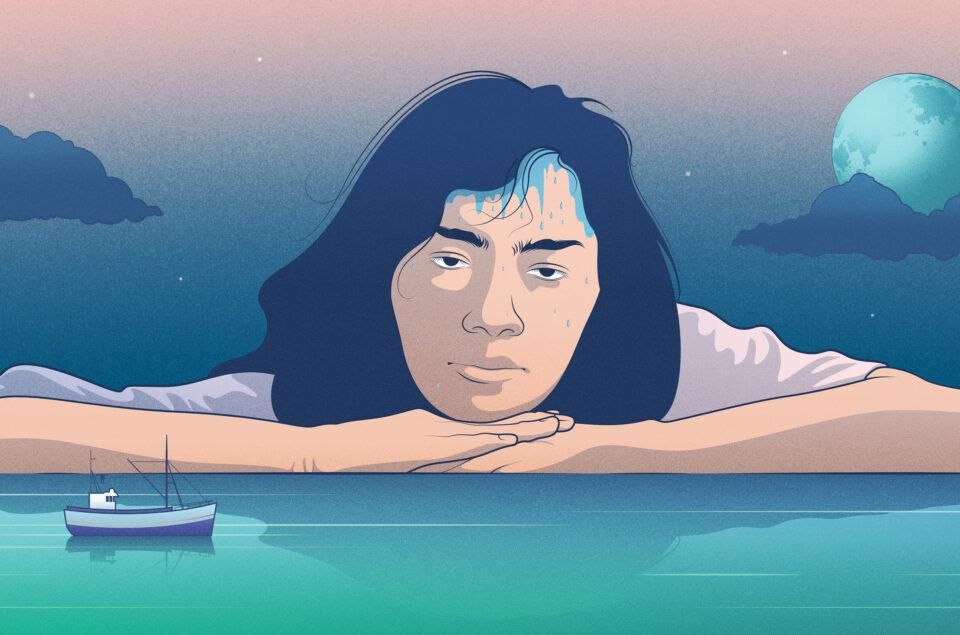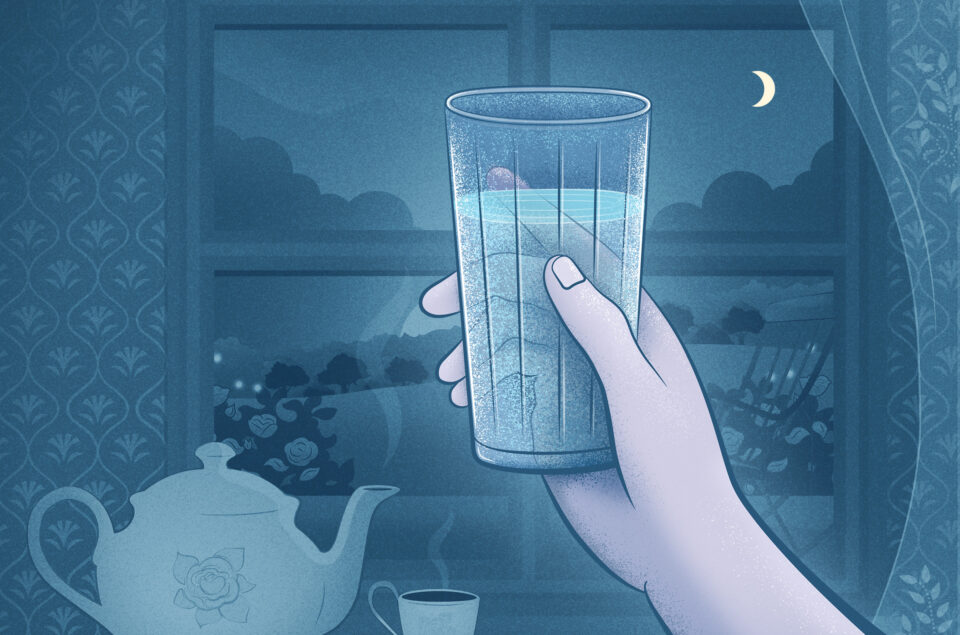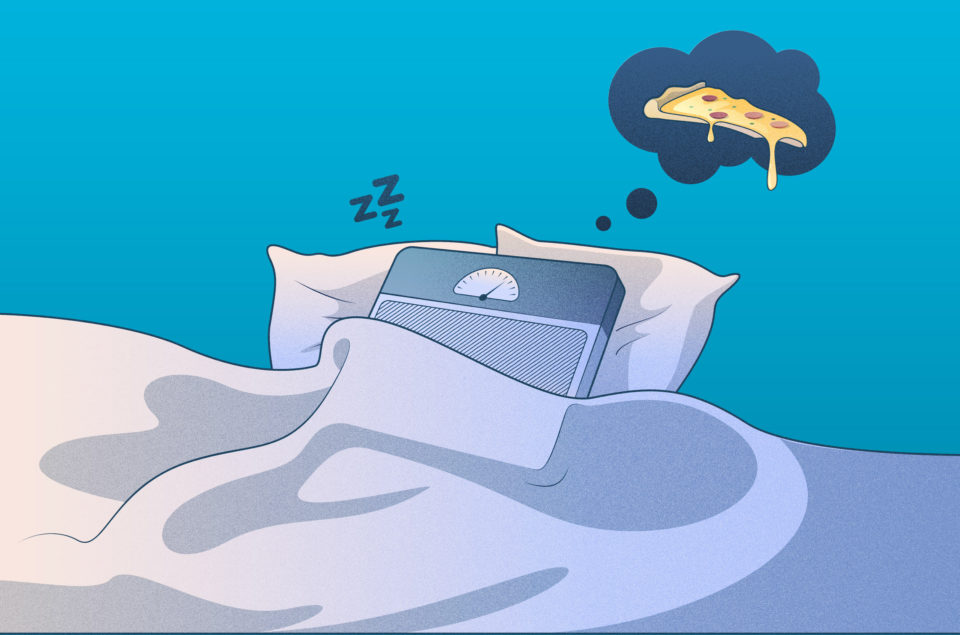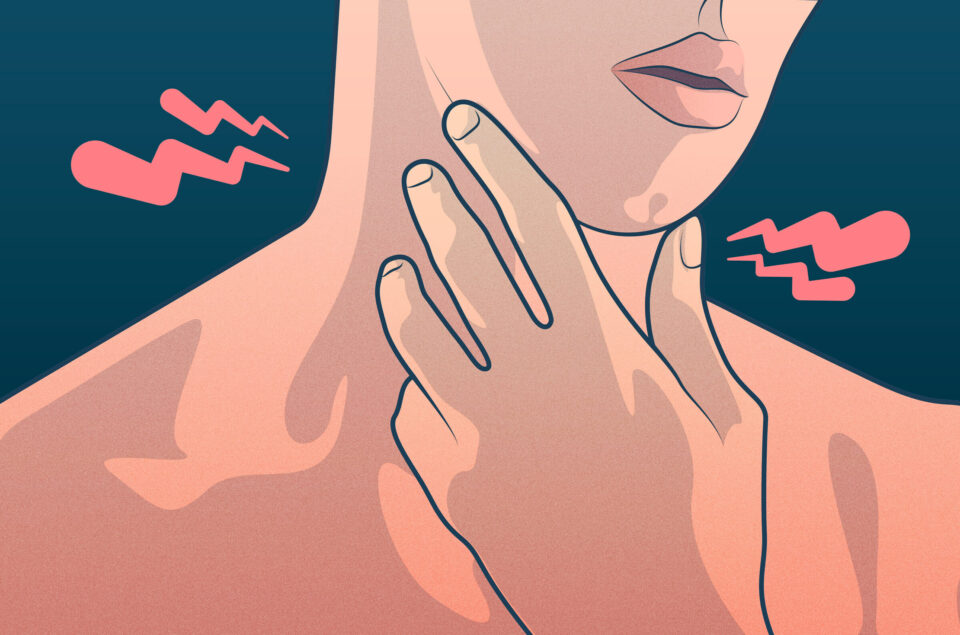Sleep tourism is a relatively new phenomenon in the world of travel and leisure. It involves traveling to exotic locations to specifically enjoy the experience of sleeping in unique and luxurious accommodations. From high-end hotels with state-of-the-art amenities to picturesque campsites nestled in the great outdoors, sleep tourists are on the lookout for the perfect place to lay their heads and get some much-needed rest.
Who are sleep vacations for?
While the concept of sleep tourism, also referred to as sleep vacation, may seem a bit strange to some, it’s actually a growing trend among travelers who are looking for unique and exotic sleeping experiences on their vacations. In today’s fast-paced world, many people feel more stressed and exhausted than ever before. As a result, they’re seeking out opportunities to escape from the hustle and bustle of daily life. Sleep tourism provides the perfect opportunity to do just that.
The Benefits of Sleep Tourism
One of the biggest benefits of sleep tourism is that it allows travelers to fully unwind and immerse themselves in the local culture and surroundings. When you’re traveling to a new destination, it can be easy to get caught up in the excitement of exploring and sightseeing. But all that activity can also be exhausting, leaving you feeling drained and rundown. By focusing on getting a good night’s sleep, you can recharge your batteries and feel refreshed, improve your mood and fully immerse yourself in the present experience.
Your overall wellbeing also benefits from the extra sleep, especially when choosing an outdoor destination. Research shows that sleeping outside adds to the quality of sleep through:
- Improved brain and body functions from fresh air. The increased amount of oxygen in fresh air also improves our ability to think and concentrate. And it helps break down lactic acid in your muscles better and helps you recover faster from physical training.
- Balanced internal clock from natural sunlight: Waking up to natural sunlight is the most natural way to rise and balances out melatonin levels which are important for regulating sleep and wakefulness along with body temperature, blood pressure and glucose levels.
- Stress relief from Visual and auditory cues: Simply seeing trees is proven to relieve stress, according to a study published by the journal Environment and Behavior. The sounds of the outdoors also have a calming effect on mood and stress levels. What’s more, soothing sleep ambience imitating natural sounds helps people fall asleep faster.
- Immunity boost from a forest walk: Being outside boosts white blood cell levels along with anticancer proteins. A study even showed that a daily 2 hour walk through a forest lowers blood pressure, pulse rates and cortisol (stress hormone) levels. Any time spent outdoors will help boost your immune system.
In addition to helping you recharge, sleep tourism can also provide some unique experiences and memories. Imagine falling asleep in a luxurious treehouse in the middle of the Amazon rainforest, or snuggling up in a cozy cabin in the Swiss Alps. These experiences can be truly magical, and they’re the kind of thing that you’ll remember for a lifetime.
Sleep Tourism vs. Spa Vacations
While sleep tourism and spa vacations may seem similar at first glance, there are some key differences between the two. Sleep tourism focuses specifically on the experience of sleeping in unique accommodations, while spa vacations are centered around relaxation and rejuvenation.
Another difference between sleep tourism and spa vacations is the type of accommodations that are available. Sleep tourists are looking for unique places to lay their heads. In contrast, spa vacations typically involve staying at a resort or hotel that offers a range of relaxation and wellness services, such as massages, facials, and hot springs.
Moreover, the concept of “sleep retreats” has recently emerged and is best described as the best of both worlds. This latest trend is about specialized vacations designed also to help travelers recharge and rejuvenate. Sleep retreats often include a range of activities and amenities designed to promote relaxation and improve sleep, such as meditation and yoga classes, specialized bedding and pillows, and health-conscious dining options.
While both sleep tourism and spa vacations can be enjoyable and beneficial, they cater to different types of travelers. Both options offer a range of benefits, and the best choice will depend on the individual traveler’s preferences and goals.
Popular Sleep Tourism Destinations
Sleep tourism is growing in popularity all around the world, with a wide range of destinations offering unique and exclusive accommodations for travelers. Some of the most popular sleep vacation destinations include:
- The Swiss Alps: The Swiss Alps are known for their stunning natural beauty and picturesque landscapes. From cozy chalets nestled in the mountains to luxury hotels with panoramic views, the Swiss Alps offer plenty of options for sleep tourists.
- The Amazon rainforest: The Amazon rainforest is home to some of the most unique and exotic accommodations in the world. From treehouses and lodges to eco-friendly hotels and resorts, the Amazon is a dream destination for sleep tourists looking for a tranquil escape.
- The Maldives: The Maldives is a tropical paradise that’s known for its crystal clear waters and white sandy beaches. Luxury resorts in the Maldives offer a range of unique sleeping experiences, from overwater bungalows to private villas with their own pools.
- The Arctic Circle: For a truly unique sleep tourism experience, consider traveling to the Arctic Circle. Here, you can enjoy the stunning beauty of the Northern Lights while staying in a cozy cabin or igloo.
- The Great Barrier Reef: The Great Barrier Reef is a popular destination for scuba divers, but it’s also a great place for sleep tourists. From eco-friendly resorts to luxury cruise ships, there are plenty of options for travelers who want to experience the beauty.
For those who are interested in sleep tourism but don’t want to travel too far from home, there are also plenty of options in the United States and Europe. From coastal retreats in California and Maine to mountain getaways in Colorado and Montana, there are countless beautiful and serene locations within the United States that are perfect for sleep tourists. In Europe, high-end city hotels and resorts in London, Geneva, Luxembourg, Paris and Ibiza, are offering sleep-only retreats or optional sleep programs with the accommodation.
Budget-friendly sleep tourism
While luxury hotels and resorts can be expensive, there are plenty of budget-friendly options for sleep tourists as well. From camping in the great outdoors to renting a cozy cottage in a remote location, there are many ways to enjoy the experience of sleep tourism without breaking the bank. A low-cost and trending alternative for travelers is to seek out a local monastery or convent for a tranquil stay. This is an option in a number of European locations, especially in Spain and Italy.
Sleep tourism – spreading the importance of sleep
As the demand for new sleeping experiences continues to grow, the world of sleep tourism is expected to evolve and expand in the coming years. Whether you’re looking to improve your sleep or understand better what good sleep is, there are already countless options for travelers who are looking to indulge in some much-needed rest and relaxation.
